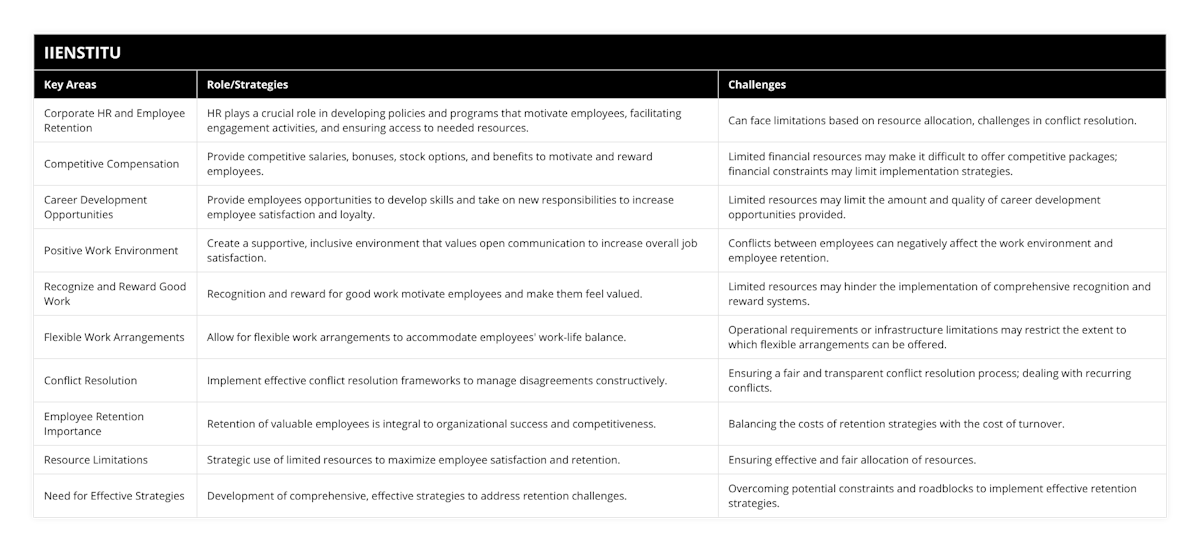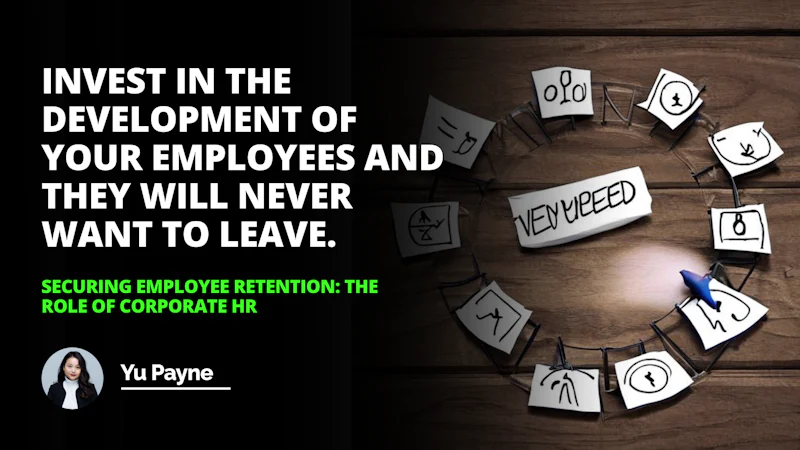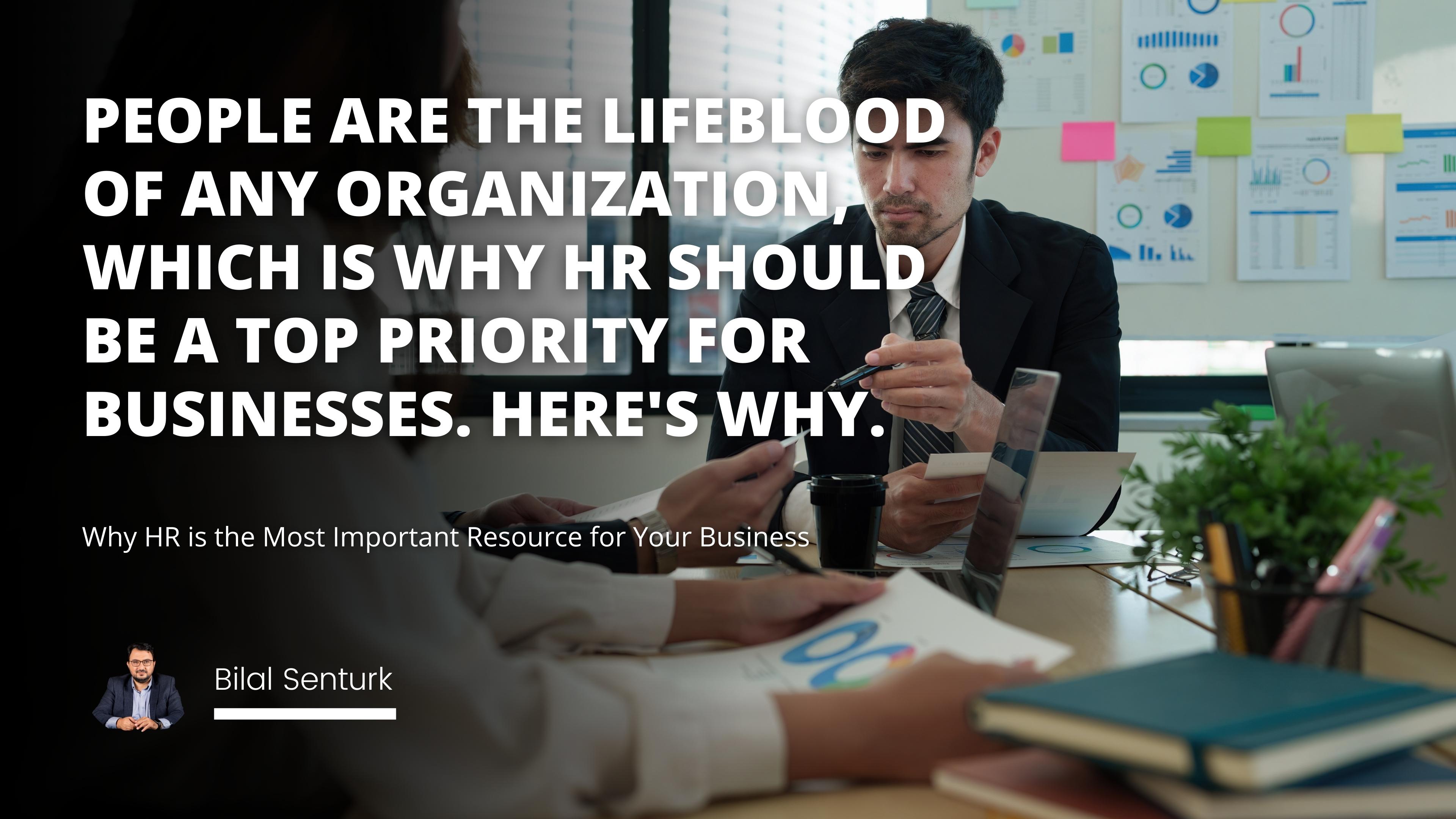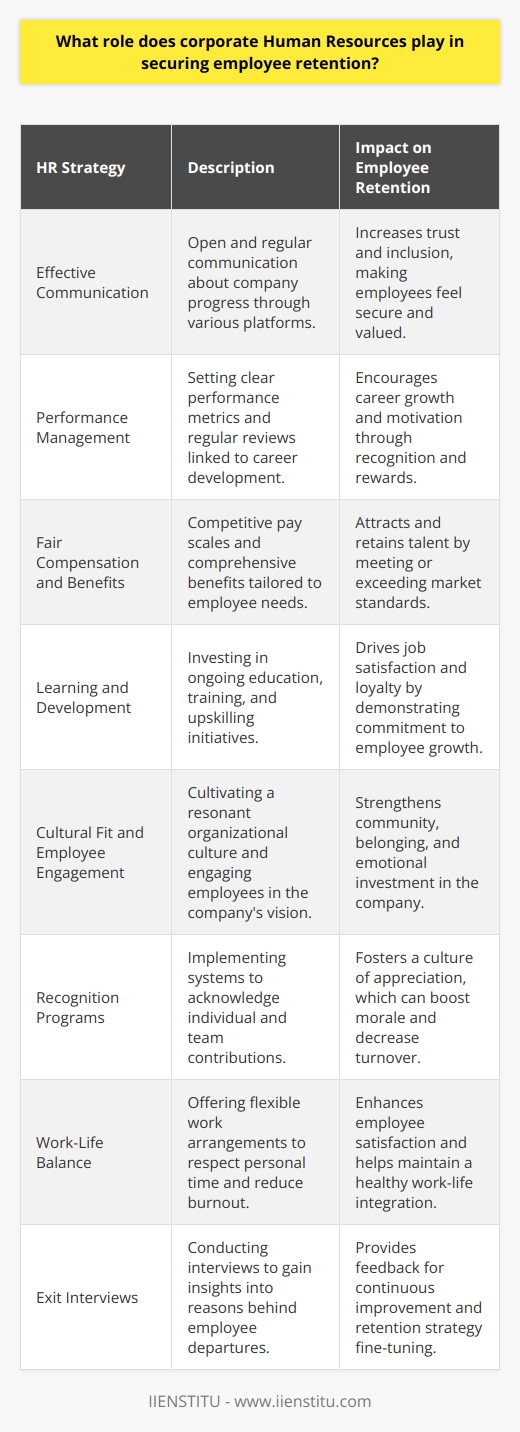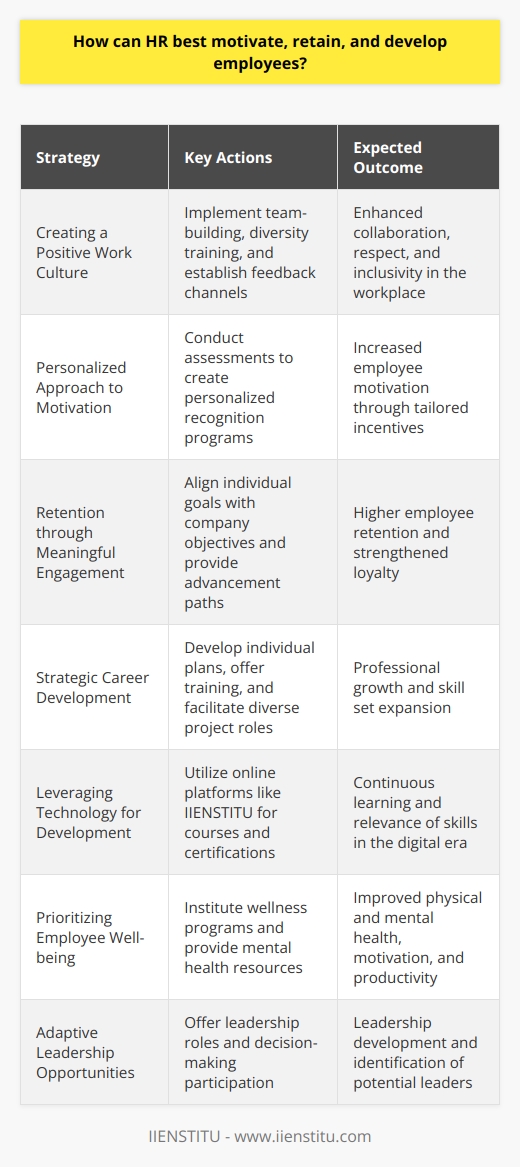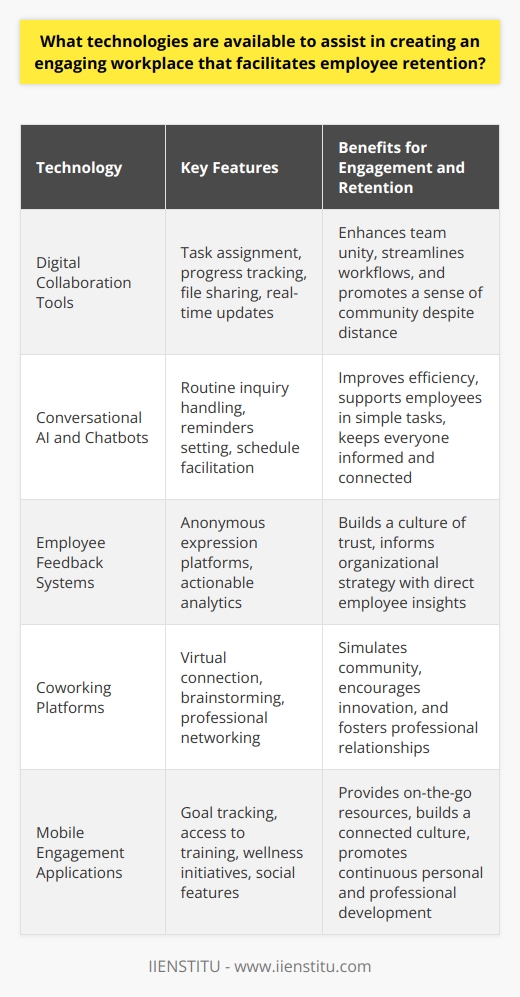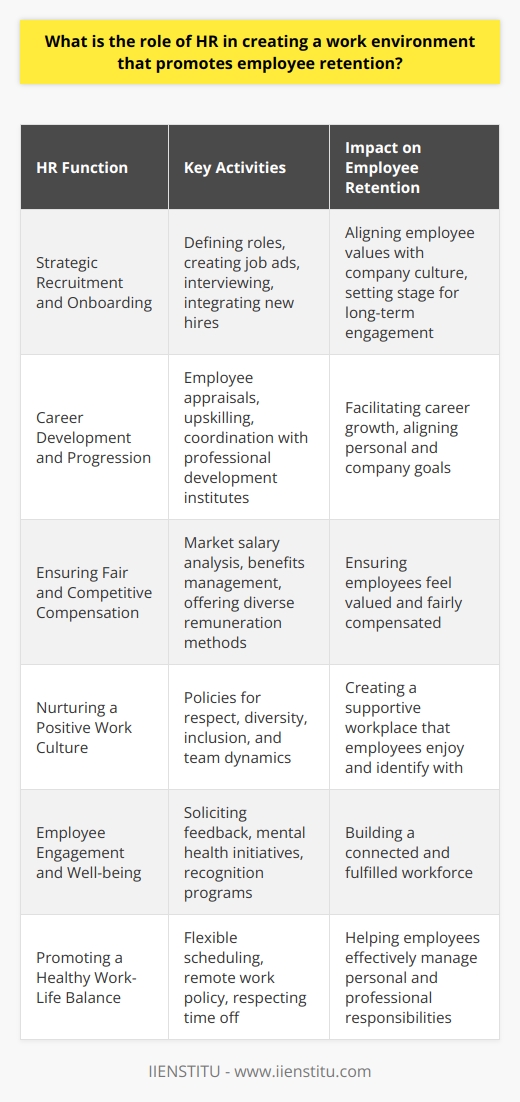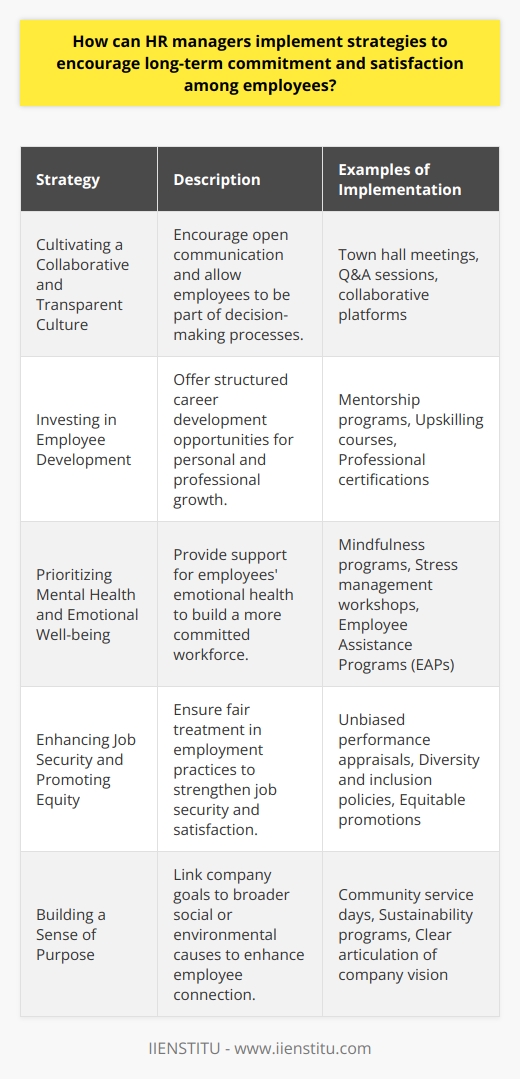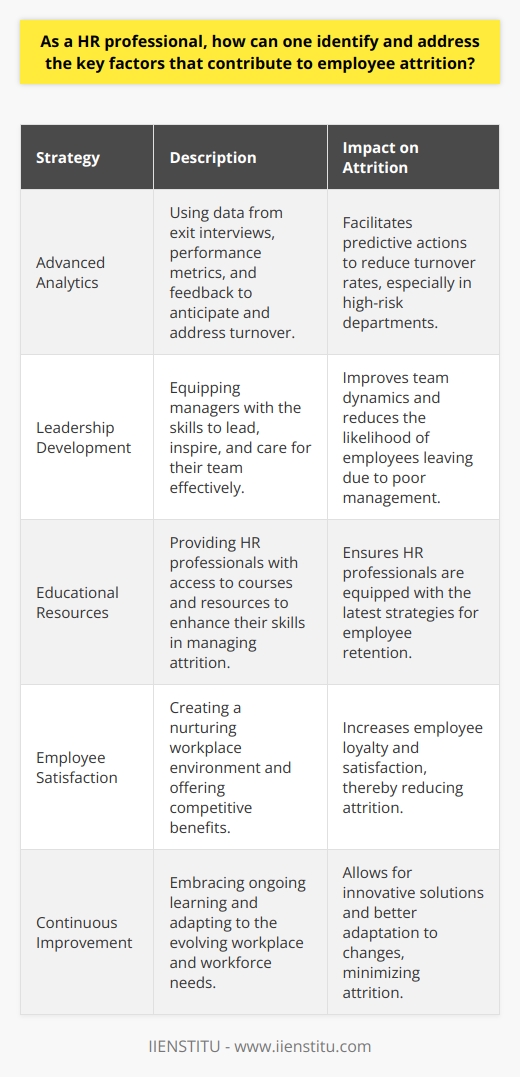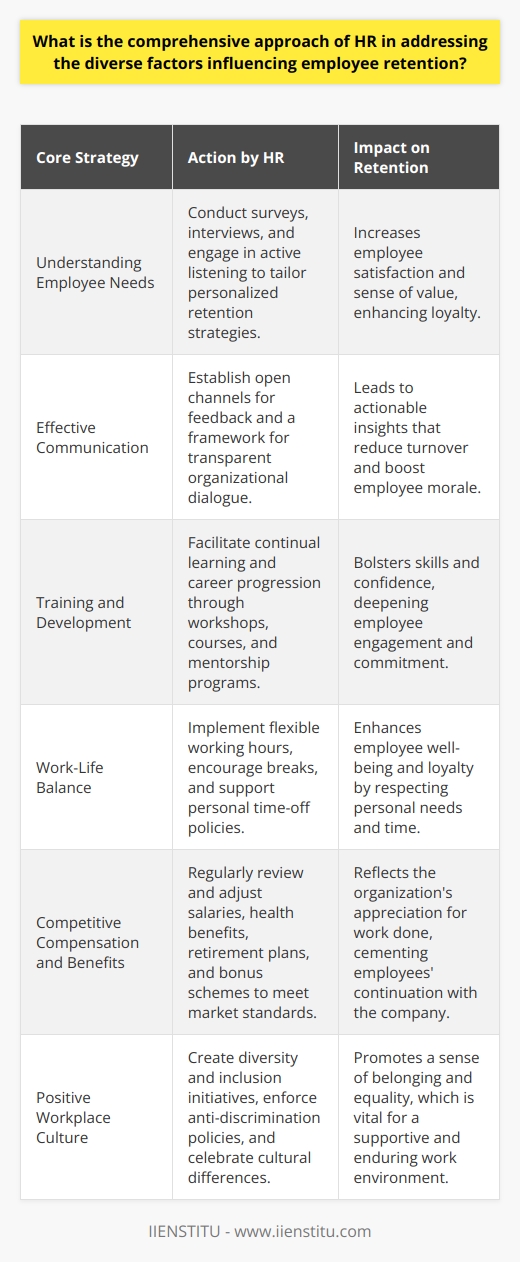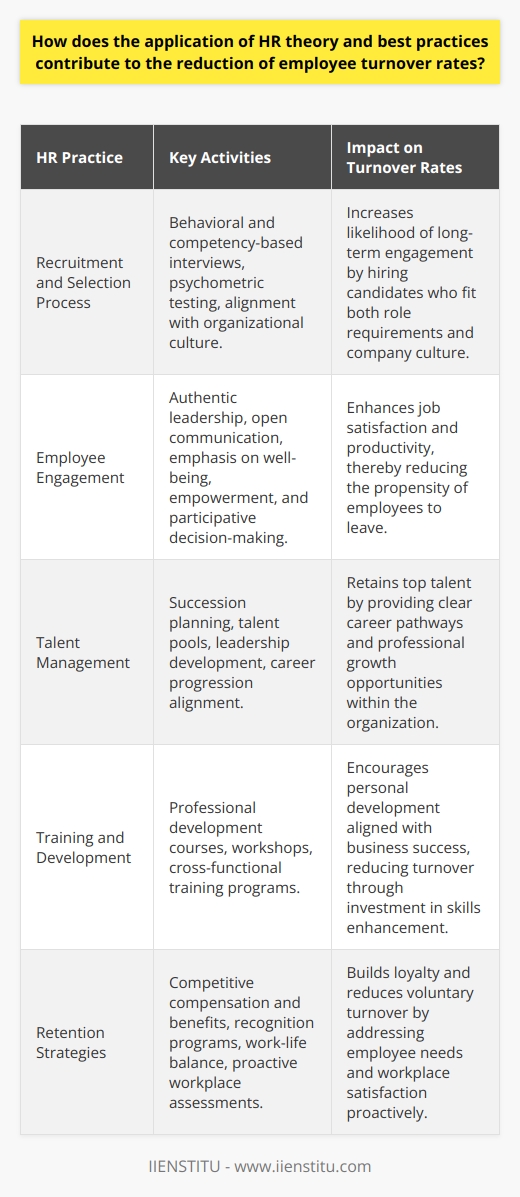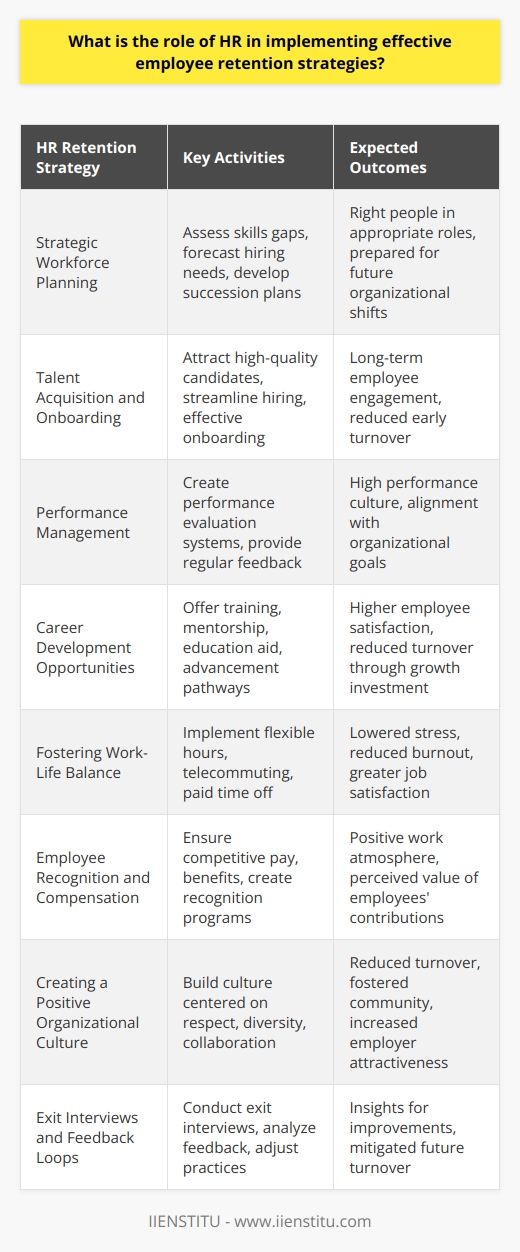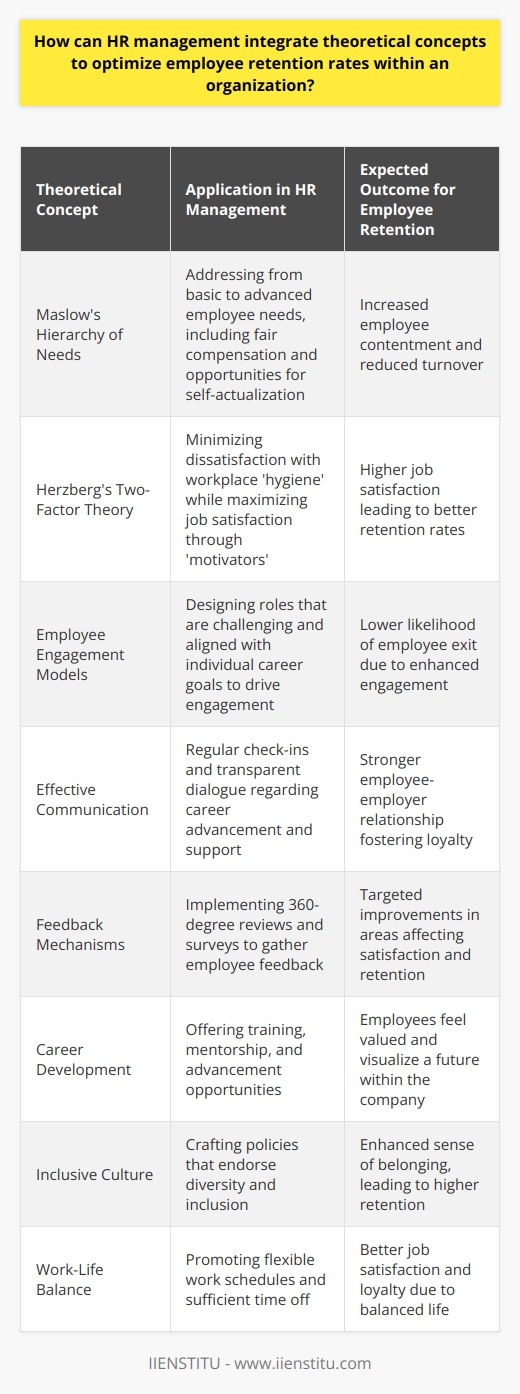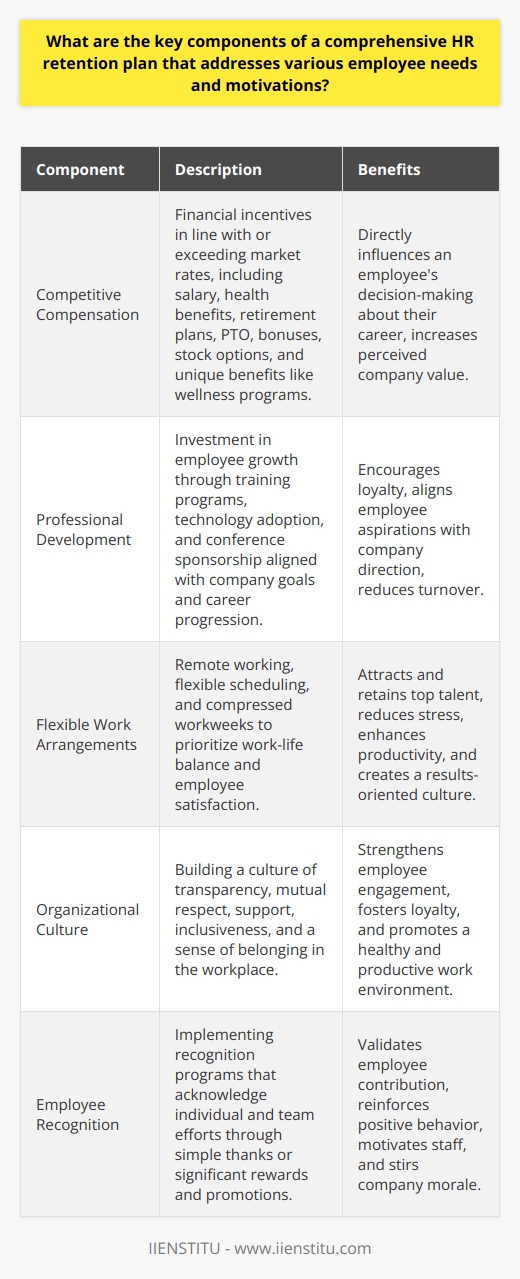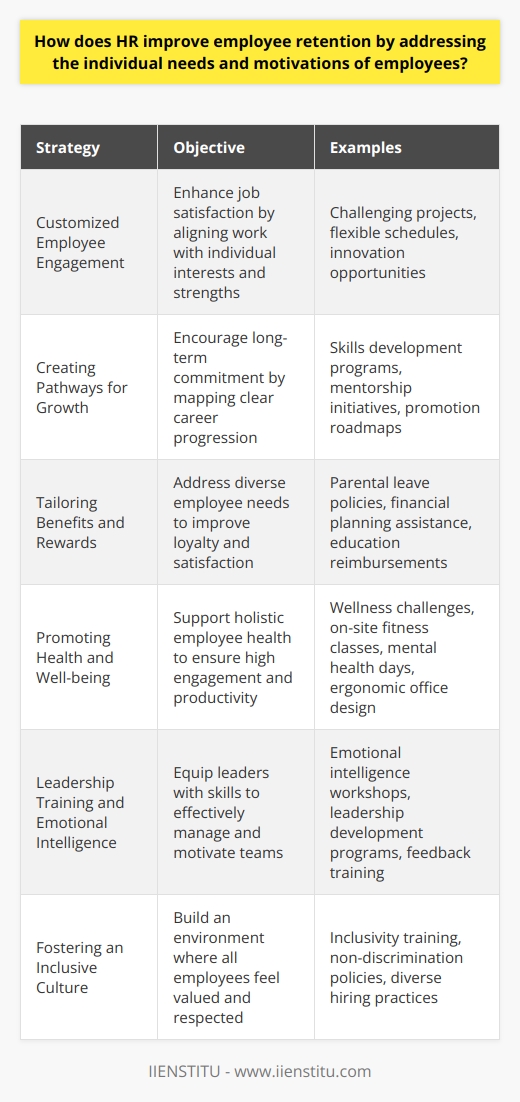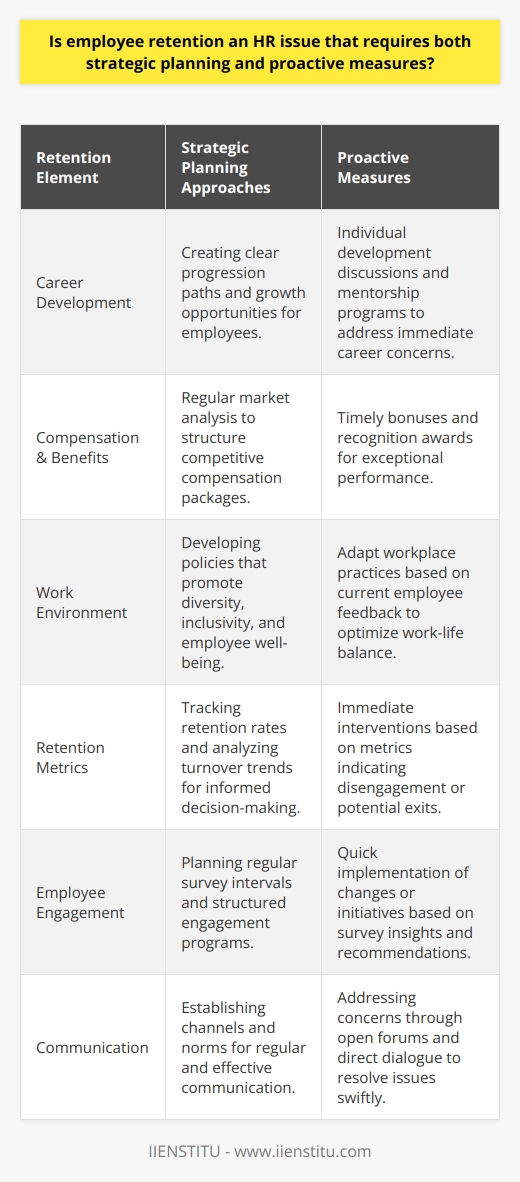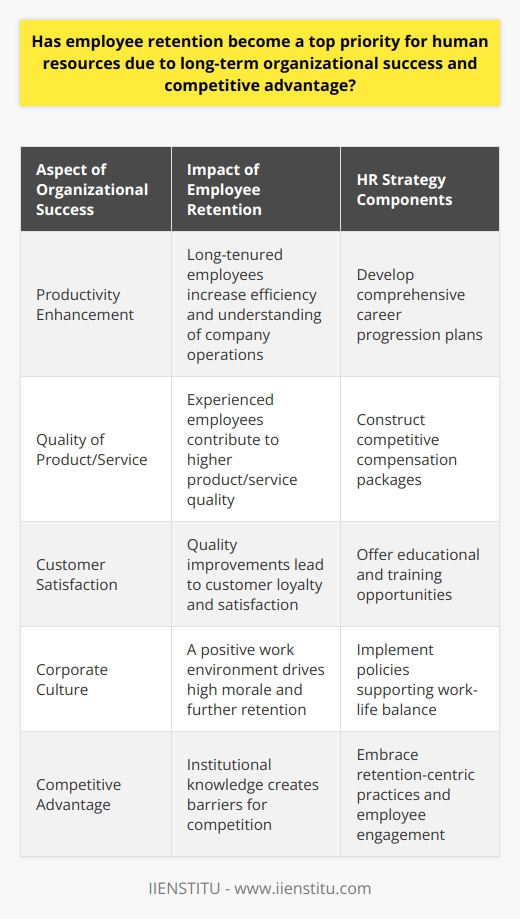Corporate HR and Employee Retention
Key Strategies for Retention
Challenges of Employee Retention
Employee retention—an organization's ability to retain its most valued employees—has become increasingly important as organizations strive to stay competitive in today's dynamic business environment. It has been widely noted that the costs associated with employee turnover are high, and organizations are looking for ways to reduce these costs. Corporate Human Resources (HR), as a function, has a vital role in securing employee retention. In this blog post, we will discuss the role of corporate HR and strategies for employee retention, and the challenges associated with ensuring employee retention.
Corporate HR and Employee Retention
The role of HR in any organization is to ensure that the organization is staffed in an effective, efficient, and equitable manner and that the employees are managed in a way that enables them to develop their full potential. Regarding employee retention, HR plays a crucial role in developing organizational policies and programs that motivate employees to remain with the organization. In addition, HR can facilitate employee engagement activities and ensure that employees have access to the necessary resources and support.
Key Strategies for Retention
Competitive Compensation: Organizations should ensure that employees have access to competitive salaries and other forms of compensation, such as bonuses, stock options, and other benefits.
Career Development Opportunities: Organizations must provide employees with opportunities to develop their skills and take on new roles and responsibilities.
Positive Work Environment: Organizations should strive to create a positive work environment that is inclusive, supportive, and encourages open communication.
Recognize and Reward Good Work: Organizations should recognize and reward employees for their excellent work and contributions to the organization.
Flexible Work Arrangements: Organizations should strive to offer flexible work arrangements that allow employees to balance their work and personal lives.
Challenges of Employee Retention
Organizations may face several challenges securing employee retention, including limited resources and employee conflicts.
Limited Resources
Organizations can face limited financial resources, which can make it difficult to offer competitive compensation packages, career development opportunities, and other benefits that can help retain employees. In addition, additional resources, such as time, can also be constrained, making it challenging to create and implement employee retention strategies.
Conflict Resolution
Conflicts between employees can also lead to a decline in employee retention. Therefore, organizations must create a positive and inclusive environment where conflicts can be managed in a productive and beneficial way for all employees.
Conclusion: Employee retention is an essential aspect of organizational success. Corporate HR is vital in securing employee retention by developing administrative policies and programs that motivate employees to remain with the organization. Critical strategies for employee retention include offering competitive compensation, providing essential career development opportunities, creating a positive work environment, recognizing and rewarding good work, and offering flexible work arrangements.
Organizations may face challenges securing employee retention, such as limited financial resources and employee conflicts. Therefore, organizations need to develop effective strategies for addressing these challenges to ensure the successful retention of employees.
Invest in the development of your employees, and they will never want to leave.
